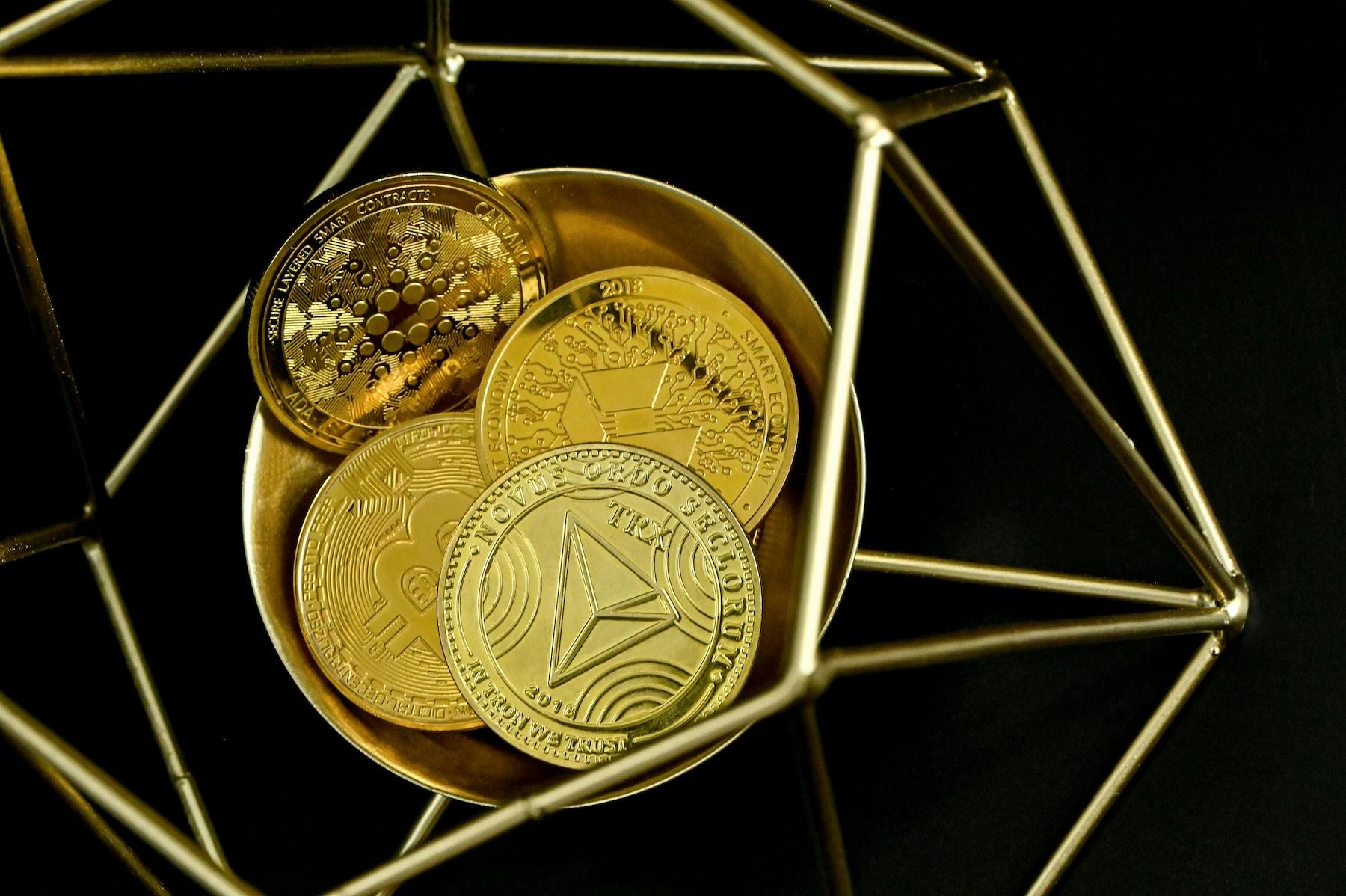Ever since Bitcoin appeared, many other crypto projects have emerged, each with its own blockchain and tokens.
There are over two million crypto projects, each with its own governance token or coin specifically designed to “fuel” the platform or network. Some have coins or tokens just for their enclosed marketplace, while others have their own stablecoin.
With all these different cryptocurrencies popping up on various exchanges, it’s no wonder regular crypto fans feel swamped when they have to pick and choose. Sorting through all these options to find worthwhile crypto projects can be a real headache. It’s like trying to find a needle in a haystack.
And let’s face it: while you should always strive to do your own research, it can be challenging to figure out which projects are legit and which are flashy trends.
So why do new projects continue to develop new tokens instead of using existing cryptocurrencies that already work? Here are some of the reasons that explain this behaviour.
Acquiring Funding for The Project
One of the most obvious reasons for projects to launch their own token instead of working with existing ones is the need for funding. Project founders often turn to launching their own tokens to acquire the necessary funding to kickstart their initiatives. By offering tokens through initial coin offerings (ICOs) or token sales, they can raise capital from investors interested in supporting their vision.
These tokens serve as a form of crowdfunding, allowing project creators to raise funds directly from a global pool of investors without the need for traditional financial intermediaries. This democratization of fundraising has been one of the defining features of the cryptocurrency space, empowering entrepreneurs and developers to pursue their ideas without relying on traditional venture capital or banking channels.
However, some crypto projects take advantage of crypto’s crowd-funding nature to steal money from unsuspecting token holders. This is seen in the case of the now-defunct FTX exchange and its FTT token. FTT token was promised to be a multi-utility token but turned out to be nothing more than a deceptive scheme to swindle investors. Instances like these underscore the importance of due diligence and caution when participating in token sales or ICOs.
In the case of FTX, the project promised revolutionary features and unparalleled returns, enticing investors with the allure of quick profits and groundbreaking technology. However, as the project unfolded, it became apparent that many of these promises were empty, and investors were left with little more than worthless tokens and shattered dreams.
Even though regulatory bodies have stepped up their efforts to crack down on fraudulent projects, blockchain technology’s decentralized and pseudonymous nature makes it difficult to regulate and monitor the entire sector effectively.
Branding and Marketing
Creating a new token allows projects to establish their own unique ecosystem and incentivization mechanisms. By designing tokens with specific utilities and functionalities tailored to their project’s needs, creators can foster community engagement and drive adoption within their target audience.
The project’s creators can also establish a new narrative that goes beyond the capabilities of the original cryptocurrency. For instance, coins that launch as ERC20 tokens on Ethereum’s EVM might have a different vision for the project, thus prompting them to adopt new tokenomics specific to their project. Therefore, a decentralized exchange such as Uniswap needs to have its own separate coin so that its users can differentiate Uniswap from the multiple DEXs in Ethereum’s ecosystem.
This approach has even worked for meme coins, whose value is mostly backed by a strong community and less about the technology behind the brand. Launching a token enables a project to build vibrant communities around its platforms, driving network effects and long-term sustainability.
Better Control over Project’s Funds
Launching a new token gives project founders greater control over the distribution and allocation of funds.
With a new token, the founders can define parameters such as token supply, distribution mechanisms, and tokenomics to align with their project’s goals and vision. This level of autonomy and flexibility often appeals to creators who want to maintain independence and ownership over their projects.
Developers usually want to be paid in equity. After all, if you pay them in Ethereum or Bitcoin alone, they won’t be able to profit from the rising value of the token.
Compared to more established cryptocurrencies, new projects and their new tokens tend to see meteoric price rallies, especially when there is sufficient backing for the project. Apart from getting paid in Bitcoin or Ethereum, developers also love to get equity in the projects they are building so that they can have a chance of building greater wealth when the project takes off.
Founders use these newly created tokens as incentives to developers and a means of controlling the project’s funds. The founders can distribute the funds transparently to all stakeholders with a new token.
Ultimate Reasons for Launching New Crypto
When it’s all said and done, the main reasons for the persistent proliferation of new cryptocurrencies and tokens are money, marketing, and control.
Anyone can easily launch an open-source project that uses existing cryptocurrencies, however, driven by greed, most founders will launch a utility token with zero value and sell it to the masses. This does not only dilute the value of the original cryptocurrencies but also puts a stambling block to mass adoption.
There is no denying that the emergence of countless projects introduces diversity and innovation. While there are some genuine projects launching tokens with real utility, such projects are scarce, and investors need to be more careful navigating the crypto landscape.
If recent market performance is anything to go by, investors are not afraid to help fund new projects. Several open source projects have launched with crowdfunding from crypto enthusiasts.
As crypto enthusiasts continue to educate themselves and regulatory forces increase, projects prioritizing development and progress over quick riches will increasingly become popular. Hopefully, this will drive out the scammers from the crypto market.
